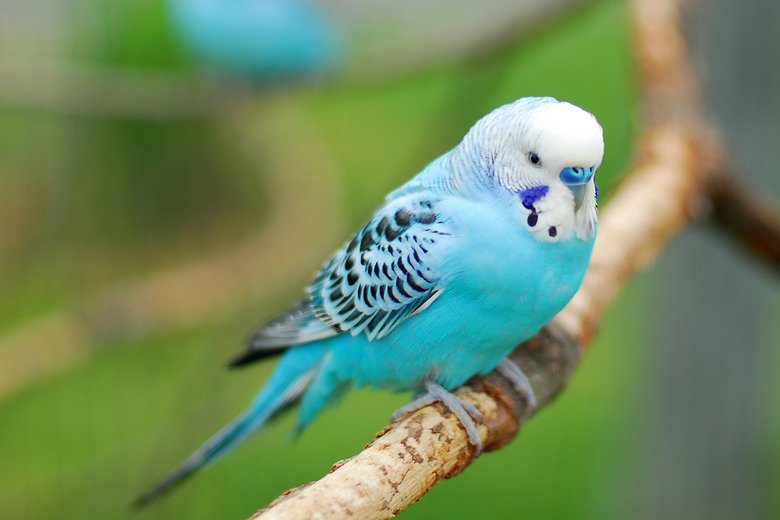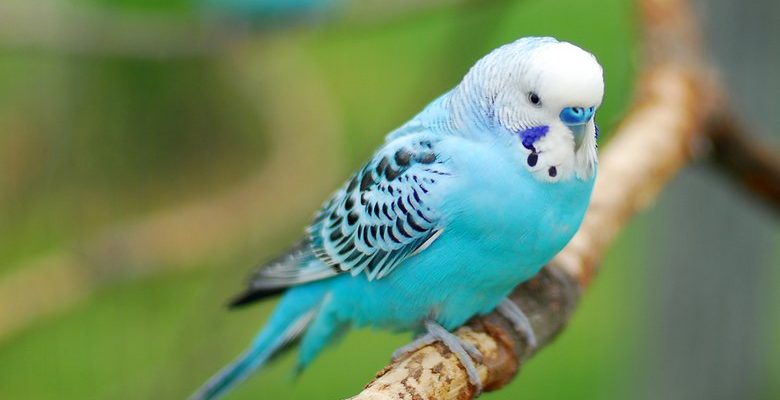
Imagine a pet that brings a burst of color into your home, chirps sweet melodies, and loves to interact with you. Budgies, or parakeets as they’re sometimes called, can be delightful companions full of personality. However, it’s important to understand their needs and quirks before making a commitment. So, let’s chat about what it’s like to own a budgie and whether they might be the perfect pet for you.
What Makes Budgies Great Pets?
First off, let’s talk about why people rave about budgies. They are social, intelligent, and relatively low-maintenance compared to larger pets. Think of them as the friendly neighbors of the pet world—always up for a chat and eager to make friends.
- Affectionate Nature: Budgies are known for their playful and affectionate personalities. They often enjoy being held and can learn to mimic words and phrases, adding a unique touch to your home.
- Colorful Variety: These birds come in a dazzling array of colors—from bright blues and greens to yellows and even whites. It’s like having a tiny, vibrant piece of art perched in your living room.
- Small Space Requirements: Unlike a dog or cat, budgies don’t need tons of space. A well-sized cage, a few toys, and some room for flying around are typically enough.
That said, owning a budgie isn’t just about their charm; it’s also about understanding their care requirements to ensure a happy, healthy bird.
Basic Care Needs for Budgies
So, what do budgies need to thrive? Their care can be broken down into a few core areas: diet, housing, and social interaction.
Diet
A well-balanced diet is essential for your budgie’s health. They thrive on a mix of high-quality seeds, pellets, and fresh fruits and vegetables. Think of it like a colorful buffet for your tiny friend!
- Seeds and Pellets: Choose a mix that includes seeds, grains, and formulated pellets designed for budgies.
- Fresh Fruits and Veggies: Offer small servings of greens (like spinach or kale), carrots, and fruits (like apples or berries). Just avoid avocado, as it can be toxic to birds.
- Fresh Water: Always make sure your budgie has access to clean, fresh water. They can be picky about where it comes from, so a nice bowl or bottle works fine.
Remember, what they eat directly affects their energy and mood, so making mealtime fun can also help you bond with your new pet.
Housing
Creating a home for your budgie is essential. Look for a cage that’s spacious enough for him to spread his wings comfortably. A good rule of thumb is to choose a cage that’s at least 18 inches long, 18 inches wide, and 24 inches high.
- Perches: Include a variety of perches at different heights. Avoid smooth surfaces; natural wood is best for their feet.
- Safety First: Ensure the cage is free of sharp edges or toxic materials. Stainless steel is a good option for food and water dishes.
- Toys: Budgies need mental stimulation! Invest in toys to chew, swing on, and even puzzle toys to keep their minds active.
Building a cozy environment helps your budgie feel secure and happy.
Social Interaction
Budgies are inherently social creatures. They thrive on interaction—not just with their human owners but also with other budgies if you’re considering more than one.
- Daily Interaction: Spend time talking to and handling your budgie every day. They can become quite attached and enjoy being part of family activities.
- Companionship: If you’re gone frequently, consider getting a second budgie. They can keep each other entertained, reducing loneliness.
- Out-of-Cage Time: Give your budgie supervised time outside the cage. They love to explore and stretch their wings—just make sure there’s a safe space.
When you show them affection and play, they’ll respond with their charming personalities.
Common Challenges Budgie Owners Face
Like all pets, budgies come with their own set of challenges. It’s important to be prepared for the ups and downs of budgie ownership.
Noise Levels
Honestly, budgies can be quite vocal. They love to chat and sing, which is part of their charm, but it might not be everyone’s cup of tea.
- Early Risers: If you’re not a morning person, keep in mind that budgies can wake up at dawn, chirping away.
- Learning Noises: Some budgies will develop a repertoire of sounds that can be quite loud! If you live in an apartment, consider how this might affect neighbors.
If you’re ready for a little noise, this might be a tiny price to pay for a delightful companion.
Health Concerns
Just like any pet, budgies can face health issues. They’re prone to respiratory problems and issues related to diet and hygiene.
- Regular Vet Visits: Schedule annual check-ups with a vet experienced with birds to catch any potential problems early.
- Signs of Illness: Watch for changes in behavior, appetite, or droppings. If something seems off, a vet visit is a must!
Being proactive about their health can help you catch issues before they become serious.
Cost of Owning a Budgie
If you’re considering bringing a budgie into your life, budgeting is key. Although they’re generally affordable compared to other pets, costs can add up.
- Initial Costs: Expect to pay anywhere from $15 to $50 for the budgie itself, depending on the variety.
- Supplies: A good cage can cost between $50 and $150. Don’t forget food, toys, and regular vet check-ups.
- Ongoing Expenses: Budget for food, treats, and any necessary supplies each month, typically around $20 to $30.
Understanding these costs can help you make a responsible decision about whether a budgie is right for you.
Ultimately, whether budgies make good pets for beginners depends on your lifestyle and commitment level. They can offer joy, companionship, and a little bit of chirpy cheer to your home. If you’re willing to invest time in training, care, and socializing, a budgie could be a fantastic addition to your life.
Before diving in, consider your living situation, budget, and how much time you can dedicate. If you’re ready for a lively friend, a budgie could be just the right pet for you!

